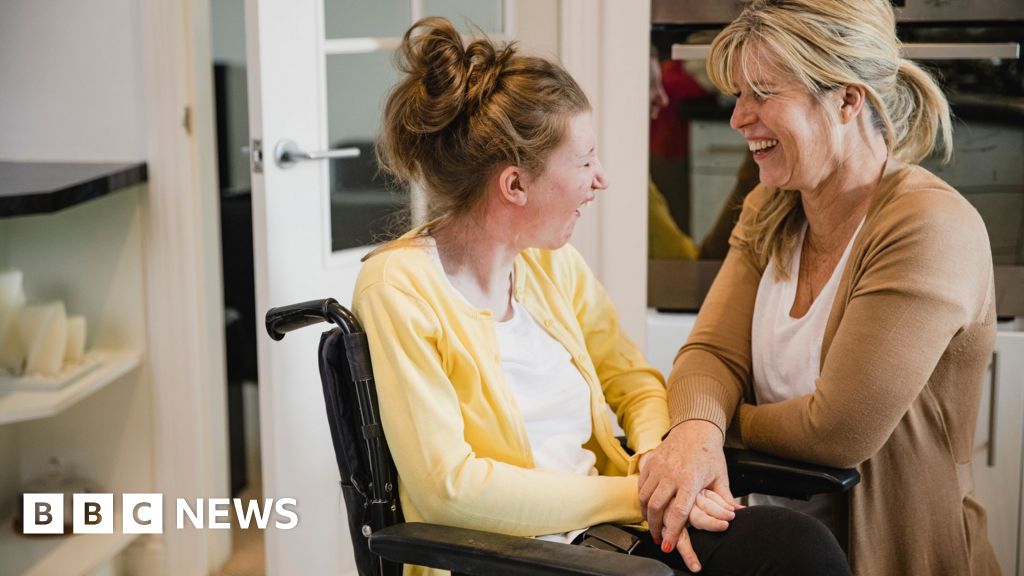ARTICLE AD BOX
By Christina McSorley
BBC News
Image source, Getty Images
Fast-tracked access to benefits for those with terminal illness will be doubled from six months to one year.
The changes will come into operation in April 2022.
Currently patients have to prove they have less than six months to live to access a fast-tracked scheme for universal credit, and employment and support allowance.
Following reports by the BBC in June 2021, the government promised to address the issue.
The new regulations mean that those in their final year of life will be able to receive support, after providing prognosis from a clinician that they are expected not to live beyond a year.
In addition, they will not be subject to face-to-face assessments.
The Department of Work and Pensions (DWP) believes this will impact thousands of people in England.
Do I only have six months to live?
Helen Nicell, who has stage 4 cancer, told the BBC her payment was reduced initially when she was moved from disability allowance to PIP because a doctor could not say she was likely to die within six months.
Personal Independence Payments: 'Have I less than six months to live?'
The move was welcomed by campaigners, but they also encouraged the government to go further.
Mark Jackson from Marie Curie said: "This is important progress and we look forward to working with the Department of Work and Pensions to being in further changes as quickly as possible."
Sally Light, CEO of the Motor Neurone Disease Association also welcomed the announcement.
"This change will enable more people living with complex and unpredictable terminal illnesses like motor neurone disease to access the support they need swiftly and sensitively, without the need for a face-to-face assessment."
Minister for Disabled People Chloe Smith said: "We've listened to those with a terminal illness and we are delivering a change that will increase much-needed support in the most challenging of times."

 3 years ago
45
3 years ago
45








 English (US) ·
English (US) ·